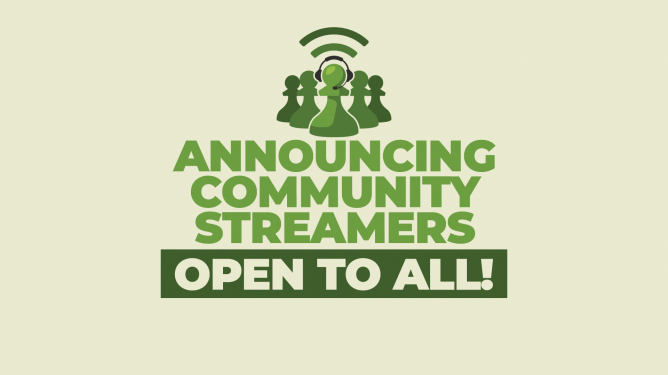Human trafficking is a horrific crime and an all-out assault on people’s rights, safety and dignity.
Tragically, it is also a problem that is growing worse — especially for women and girls, who represent the majority of detected trafficked persons globally.
Conflicts, forced displacement, climate change, inequality and poverty have left tens of millions of people around the world destitute, isolated and vulnerable.
The COVID-19 pandemic has separated children and young people from their friends and peers, causing them to spend more time alone and online.
Human traffickers are taking advantage of these vulnerabilities, using sophisticated technology to identify, track, control and exploit victims.
Online platforms allow them to deceive and recruit people with false promises. The dark web lets them conceal their identities while spreading their vile materials, including those that sexually exploit children. And technology gives consumers the ability to anonymously demand increasingly dangerous and degrading content that fuels human trafficking.
But as the theme of this year’s World Day Against Trafficking in Persons — “Use and Abuse of Technology” — reminds us, while technology can enable human trafficking, it can also be a critical tool in fighting it.
We need governments, regulators, businesses and civil society joining forces to invest in policies, laws and technology-based solutions that can identify and support victims, locate and punish perpetrators, and ensure a safe, open and secure internet for all.
As part of 2023’s Summit of the Future, I have proposed a Global Digital Compact to rally the world around the need to bring good governance to the digital space.
On this important day, I call on the world to give this issue the attention and action it deserves and work to end the scourge of human trafficking once and for all.
Connecting with each other online and over messaging platforms is part of daily life for billions of people around the world, especially youth.
The Internet has become a vital lifeline as the COVID-19 pandemic has restricted travel and kept us apart. But the advantages and potential of digital technologies to bring us together and better our lives are also being increasingly exploited by criminals.
Trafficking in persons is a crime that exploits vulnerability, desperation, and trust.
Traffickers take advantage of social media and other online platforms to exploit victims.
The borderless nature of information and communications technologies enables traffickers to expand their reach and profits with even greater impunity.
More than 60 per cent of detected human trafficking victims over the last 15 years have been women and girls, most of them trafficked for sexual exploitation.
Countless more people are in danger of being exploited today, as conflicts and crises increase misery, and criminals target the desperate with false promises of opportunities, jobs, and a better life.
To protect people, we need to protect digital spaces from criminal abuse. To do so, we must support countries to harness technologies for good.
Partnerships with tech companies and the private sector can keep traffickers from preying on the vulnerable and stop the circulation of online content that amplifies the suffering of trafficking victims.
We can assist law enforcement authorities to use, with technical support and appropriate safeguards, artificial intelligence, data mining and other tools to detect and investigate trafficking networks.
We can do more to raise awareness and keep social spaces online safe through cooperation with civil society and all stakeholders.
On this World Day Against Trafficking in Persons, let us commit to preventing online exploitation and promoting the power of tech to better protect children, women and men, and support victims.
- Share, like and comment on the social media messages for the World Day.
- Be vigilant in the online sphere and report suspicious pages or activities to the authorities, e.g., by making use of dedicated online mechanisms or helplines.
- Donate to the United Nations Voluntary Trust Fund for Victims of Human Trafficking, which provides on-the-ground assistance and protection to victims of trafficking.
- ensure that what is illegal and prosecuted offline is also illegal and prosecuted online.
- expand their attention in the fight against human trafficking to cyberspace, including by providing resources for law enforcement and ensuring policies and regulations are in place.
- join the Blue Heart Campaign and support victims of Human Trafficking via the UN Voluntary Trust Fund (UNVTF).
Technology-based private sector companies, especially tech companies are called to
- :ensure measures and restrictions are in place which prevent the use of technological platforms and tools for trafficking.
- use technological ingenuity to fight human trafficking.
- proactively identify illegal and harmful material online and take immediate and effective steps to remove it.

























